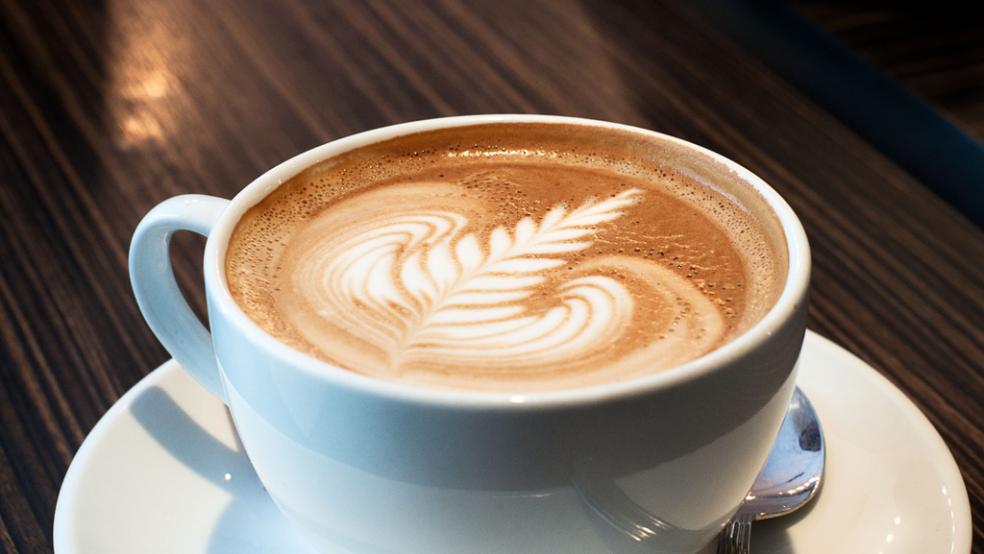Americans sure love their Joe: Coffee-drinkers consume an average of 2.7 cups per day. For many, this is necessary fuel to ensure a productive workday, particularly when they’re short on sleep.
Related: Why You’ll Soon by Paying More for your Morning Cup of Coffee
But for those who are especially sleep-deprived, coffee may not provide the kick they want. New research suggests that, while coffee may help initially, coffee’s effectiveness as a pick-me-up decreases after three days on five hours of sleep.
"We were particularly surprised that the performance advantage conferred by two daily 200 mg doses of caffeine was lost after three nights of sleep restriction," said lead author Tracy Jill Doty, research scientist at Walter Reed Army Institute of Research, in findings released yesterday in an online supplement of the journal Sleep (see page A92 here).
Researchers studied 48 healthy individuals whose sleep was restricted to five hours per night over five days. Participants were subjected to a wakefulness test carried out six times per day.




